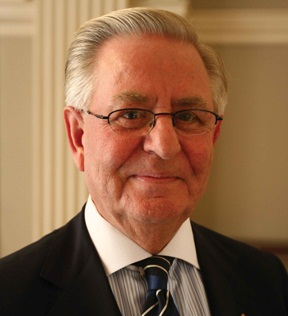Until recently, there were many political, media, and economic figures calling for the application of the Turkish state model in Egypt, and their evidence for that was summarised in the strength of the Turkish economy under President Recep Tayyip Erdoğan since 2003.
In fact, many of these people were deceived, whether due to their ignorance or their desire to become among the supporters of the Turkish model, but their intentions later unfolded and the masks fell. Many changes took place that turned this model that many were proud of into a real tragedy, especially after Erdogan transformed the parliamentary system of his country to a presidential system, so that he can control all strings of the political and economic game in Turkey. Doubtless, this is a matter that concerns the Turkish people only, and no one may interfere in it. But we have to reconsider how Turkey was at the beginning of Erdogan’s era and how it has become now after he came to power nearly 18 years ago.
According to reports published inside Turkey, the ruling Justice and Development Party (AKP) caused great economic damage to the Turkish state during the last 18 years. Poverty and unemployment increased in unprecedented volumes, and the government failed to confront the coronavirus crisis. It was also forced to increase money printing to cover spending and withdrew huge sums from the central bank’s reserves, just to prevent the Turkish lira from collapsing any further. This ultimately forced Erdogan to dismiss his son-in-law, Prat Berak, who was serving as Treasury and Finance Minister.
An opinion poll, conducted a few days ago, showed a decline in the Justice and Development Party’s popularity to about 34% for the first time since it came to power, while the Republican People’s Party and the Good Party rose to 28% and 11% respectively. The National Movement Party, which is aligned with the ruling party, also fell to 8.9%, while the Democracy and Progress Party, the newest in Turkey, which was founded by former Deputy Prime Minister Ali Baba Jan in March, won 2.7% of the votes. The Future Party, founded by former Prime Minister Ahmet Davutoglu, received 2.4%.
The vast majority in Turkey believes that Erdogan will not remain in power after the next elections. Rather, voices are now being raised at home calling for a new constitution to be drawn up for the country that guarantees the removal of all obstacles that hinder freedom of thought, belief, media, and union formation. Many also call for the separation of powers and the independence of judiciary, which is one of the most important pillars of the rule of law. They also call for the development of a new electoral system that guarantees the representation of the national will on the largest possible scale in the Turkish parliament.
Moreover, the demands extended to abolishing the presidential system and restoring the parliamentary system, considering that the worst day for Turkey was 16 April 2017, which witnessed a referendum on constitutional amendments that paved the way for the implementation of the presidential system in the country. This is the case now in Turkey, which they tried to convince us to apply its experience in Egypt. Many do not realise that democracy is more broad and comprehensive than their ideas and beliefs, simply because every nation has its democratic model that is compatible with the requirements of its social and economic reality.
Dr. Hatem Sadiq: Professor at Helwan University



